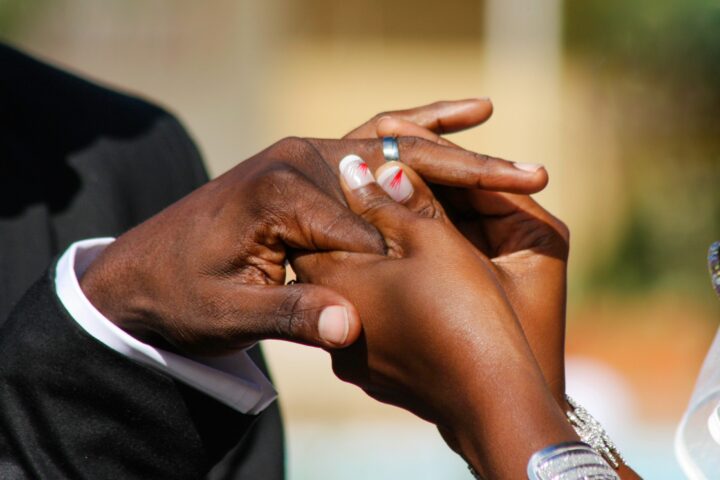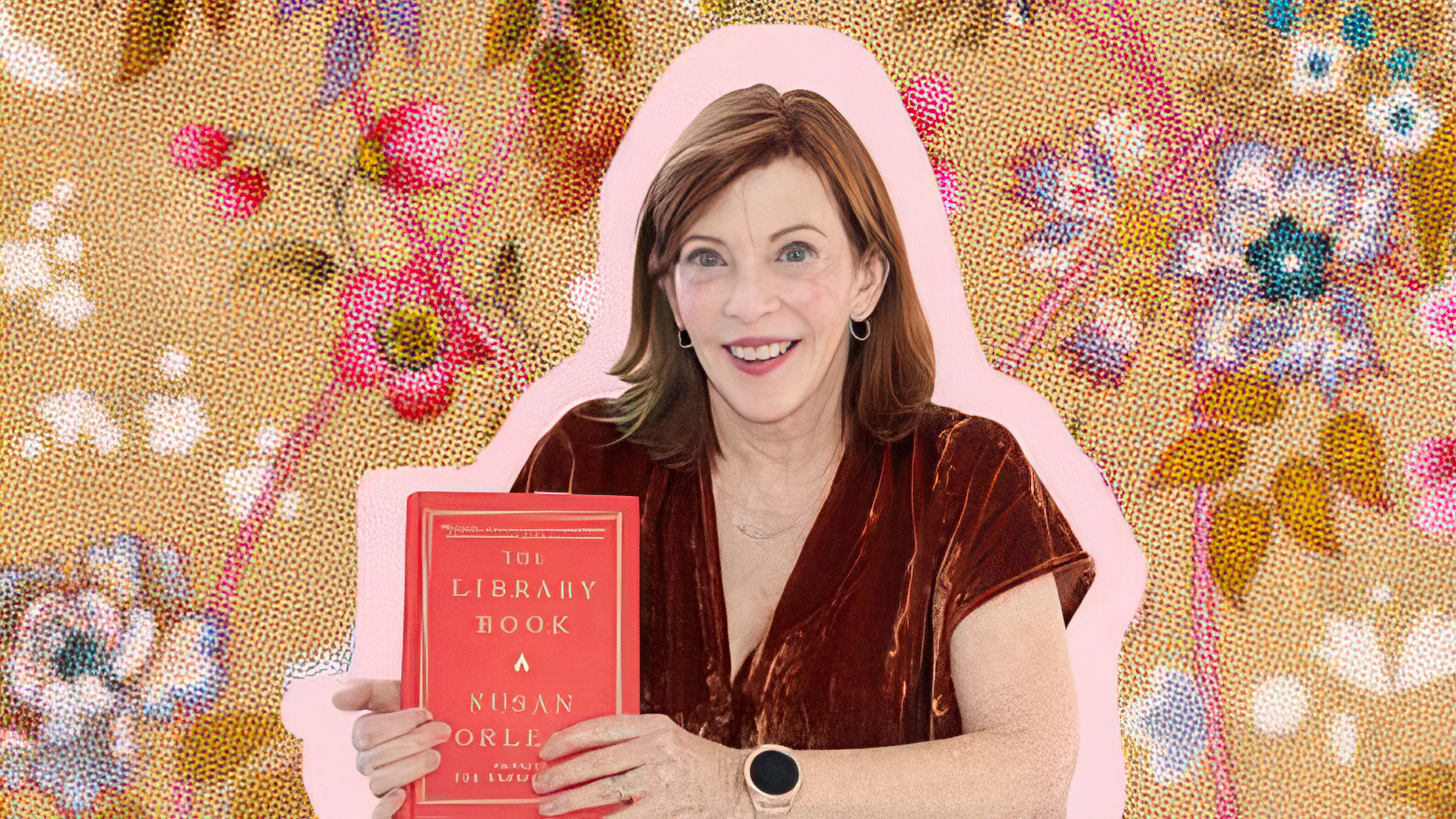I began writing fiction in Ghana when I was about ten. I wrote because I ran out of books to read and, unwilling to wait for new books, decided to write them myself. I believed that to enjoy my stories, they had to be similar to the ones I was reading. And since the books available to me as a young reader were book series like Nancy Drew, the Hardy Boys, Famous Five, and Sweet Valley Twins, I thought my stories had to be set in Europe and the United States, even though I hadn’t been to these places. The characters skied, though I had not yet seen snow, and celebrated Halloween and Thanksgiving, despite these festivities being foreign to me. I wrote a book-length story in my early teens and gave it to friends and a few adults to read. While it received some praise, one of my readers wanted to know why I had chosen to write a book set in California where none of the characters looked or sounded like me. I didn’t have a good answer then. But now I know it’s because I was writing the kind of stories I read.
Since then, I’ve written fiction that reflects my surroundings. Fiction that conveys the sounds, colors, and smells of the world around me, and illustrates life’s beauty, ugliness, complexities, and contradictions. His Only Wife is a book written in this vein. In writing it, I wanted to illuminate how familial obligations and community expectations loom large and shape the decisions that girls and women make. I chose to explore this theme in a marriage because of the importance that is attached to women getting married and staying married in Ghana.
“Fiction that conveys the sounds, colors, and smells of the world around me, and illustrates life’s beauty, ugliness, complexities, and contradictions.”`
While Afi is very much a product of my imagination, her experiences and struggles are grounded in reality. She is young, beautiful, and wants a better life for herself and her mother. But there are barriers to this better life, the largest being Muna, the other woman in Afi’s marriage. I’ve heard too many stories of women “stealing” men, and women fighting to “keep” men, so I decided to humorously poke holes in this narrative. So, we see Afi playing the good wife, cooking and cleaning, in the belief that it will win her the man. In fact, cooking and food feature prominently in the book because they are closely tied to notions of womanhood and being a good wife in Ghana. I also explore Afi’s relationship with several people, including Eli; so, we get to see her fall in love. I’m a big fan of romance and think there are too few images of Black women falling in love and just being in love in books, movies, and other mediums, so I enjoyed writing about Afi and Eli’s relationship and its evolution. Ultimately, it is Afi’s struggle to maintain this relationship, and to be Eli’s only wife, that propels the story.
I began writing “His Only Wife” in 2012, combining it with my research and academic writing. But I did not want the novel to mirror my research. I had spent years thinking, talking, and writing about violence, which had begun to take an emotional toll on me, so it was very important that this novel offer a respite. Along the same lines, I did not want the book to be didactic. As much as I wanted it to be a book I could assign to the students in my gender and politics courses, it was important that the characters and their story not be upstaged by these sociological and economic themes, that the story not be overpowered by big ideas, that the reader not feel as though they were being lectured to. I was writing an academic book alongside “His Only Wife” and was therefore always on guard, careful not to slip into social science writing while switching between the two.
My influences and interests have led me to write a novel that delves into the complexity that characterizes the lives of girls and women in Ghana, and in many places in the world. It embraces the tensions within and circuitousness of change, and complicates notions of women’s empowerment and independence that imagine progress as always linear. It is a story about not only an individual but also a family and a community, and is filled with laughter and tears, and victories, big and small.



